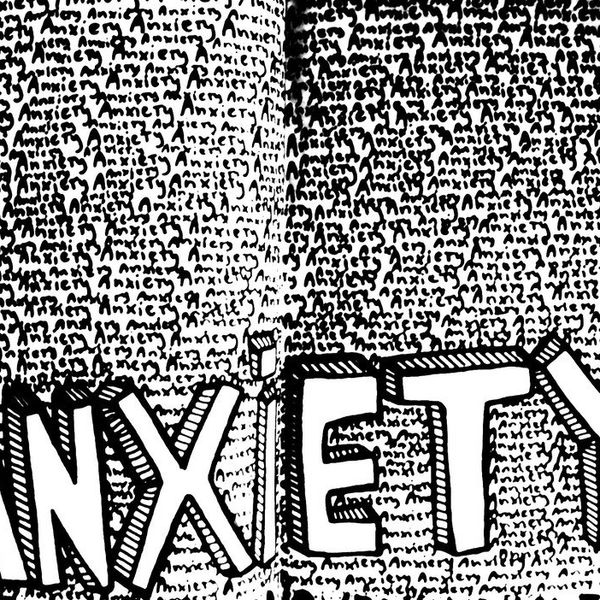Being disabled sucks. The thing is, being invisibly disabled has its own challenges that visibly disabled people don't face. And the thing is, that is carried with us - we don't want to be judged. We don't want to be disbelieved. It's especially not fun to be invisibly disabled for a few reasons.
1. You're always questioning if you should really use a thing/service.
The thought is always in the back of your head to not use a service or item because what you have "isn't that bad", even though it can render you sick and fatigued if you don't use it. You're consciously always comparing yourself to the people who are visibly disabled and sometimes even wondering if you're just simply doubting your own ability. You know that's not true, and what you're thinking is utterly wrong, but you can't help but start to internalize the judgement you so often get from other people.
2. Other people will constantly look at you.
Yes. They will see that you aren't obviously disabled or sick and judge you for it. Anytime you do use a service, there's someone staring you down giving you the stink eye, leaving you a passive aggressive note, etc etc. It presents a new set of challenges because, well, society doesn't want to believe you. Nobody wants to think that it's real. You know it's real, but so many others are just quietly watching and judging. People will abuse everything in this world - don't judge the people who need it and just don't simply fit your criteria.
3. You always have to explain it.
What is that? What does it do? Etc etc. Most of the time, we don't mind explaining, it just can be scary because you can be asked terribly insensitive questions. I won't go into detail what those are - I'll leave that to your imagination or let YouTube take over. Just give a quick search of "Shit Not to Say to Disabled People".
4. Dating is horrifying.
When do I say it? When do I not? Should I date? Is this even worth it? What is life? You can't say too soon or too late. It's a balancing act. Will they freak out? Will I freak them out?
5. Letting in the good ones.
Whether it be friend, family, or a lover, letting your guard down is horrifying. They need to see you on a bad day, when you feel your worst. They need see the stark contrast between "feeling good" you and "feeling bad" you. They need to learn your quirks and what triggers the disorder. There's a lot to learn.



















